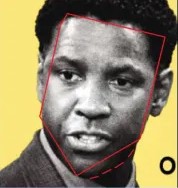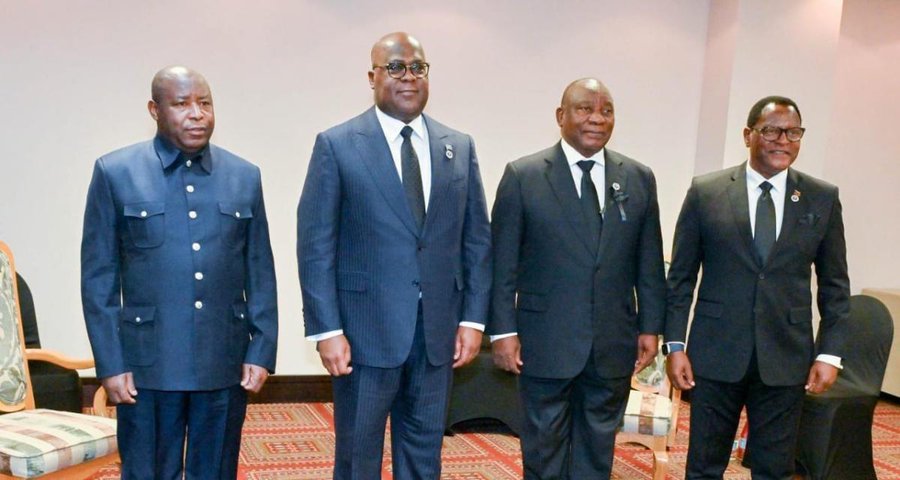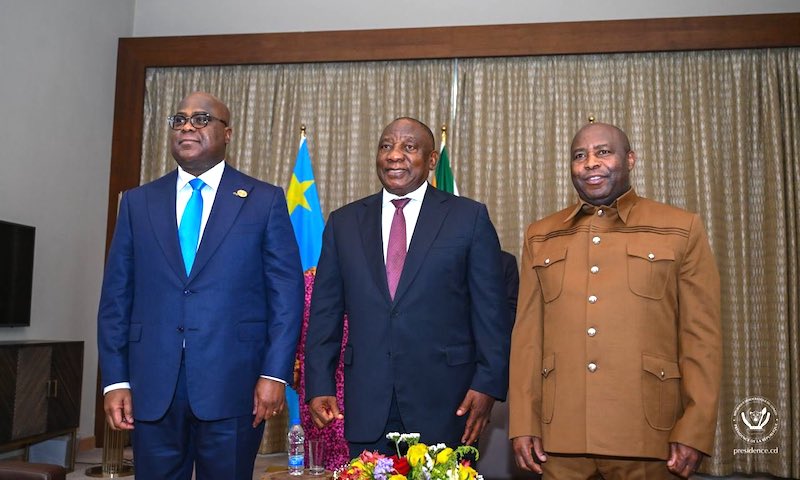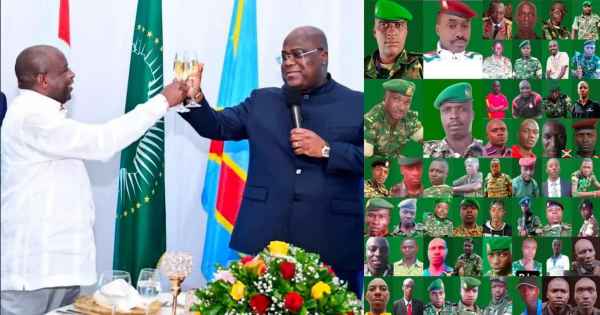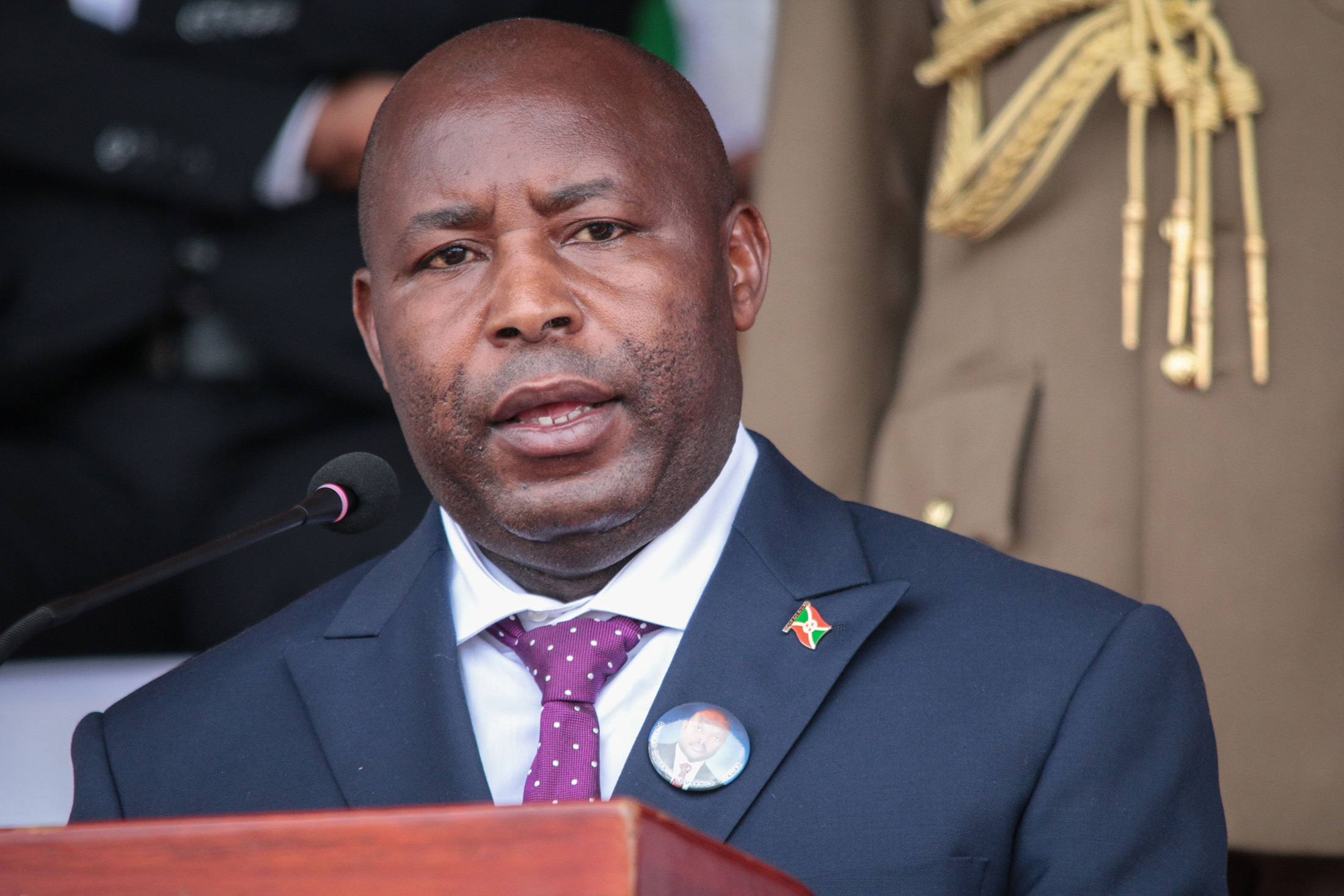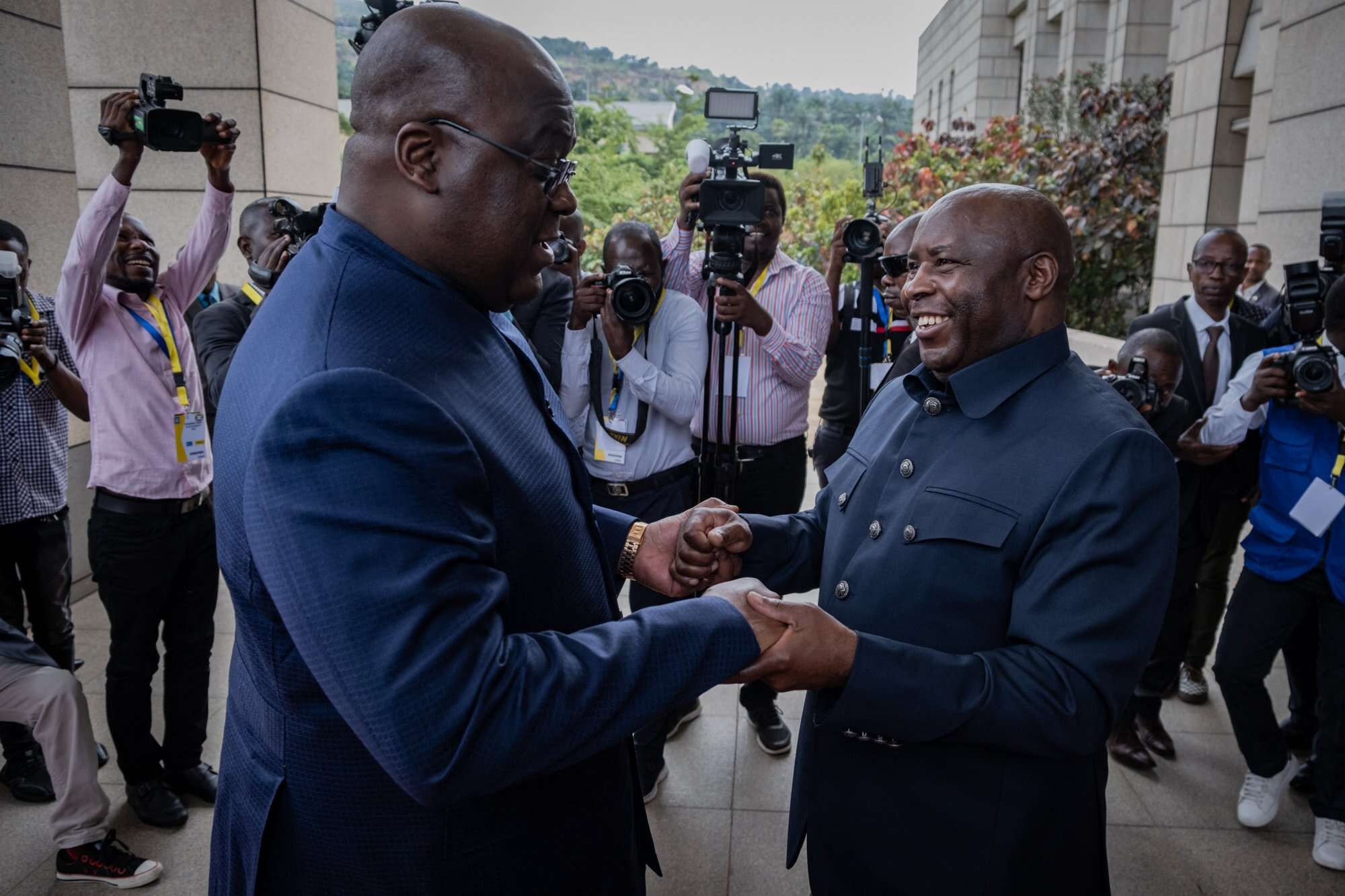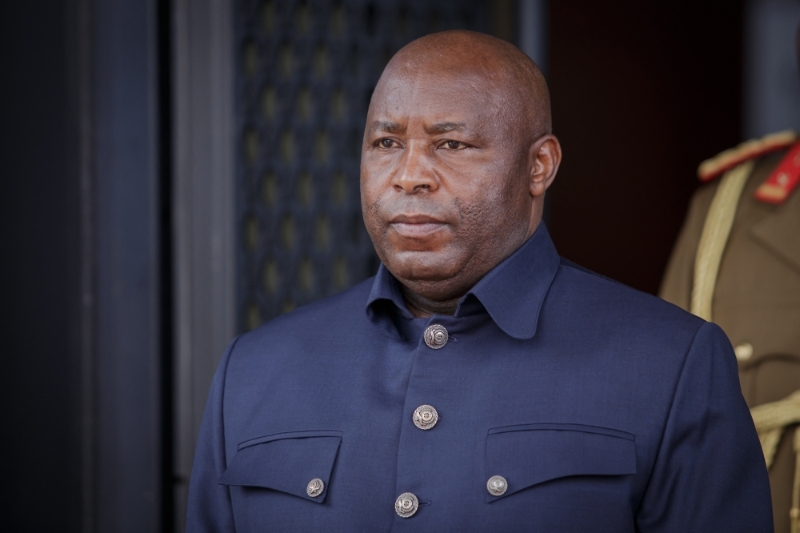Regional
Ndayishimiye-Tshisekedi alliance aggravating insecurity in region
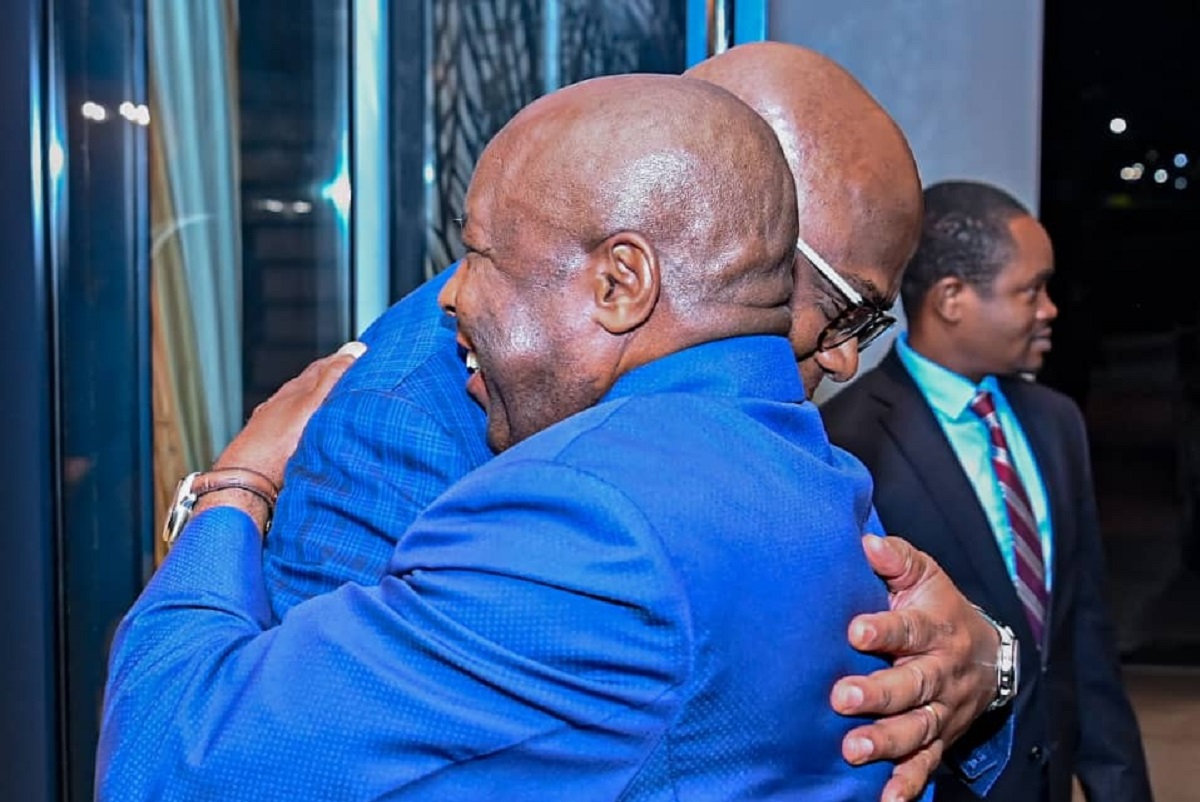
The alliance between President
Evariste Ndayishimiye of Burundi and Felix Tshisekedi of the Democratic
Republic of Congo is exacerbating the security crisis in eastern DRC. Their
alliance is, among other negatives, inciting hate speech and violence against
the Congolese Tutsi community.
Ndayishimiye and Tshisekedi's
political agenda, characterized by ethnic cleansing policies, has united a
coalition comprising of their respective countries' armies, eastern European
mercenaries, more than 150 Congolese militia groups like the recently formed
Wazalendo, and the genocidal FDLR militia from Rwanda which was formed by what
was left of the mass murderers that perpetrated the 1994 Genocide against the
Tutsi in Rwanda, before running to Zaire, current DRC, to hide and plot a
return by force to Rwanda.
Their collective actions are
primarily targeted against the Congolese Kinyarwanda-speaking community,
especially the Tutsi.
As heads of state,
Ndayishimiye and Tshisekedi should possess a thorough understanding of history.
The ethnic Rwandophones whom these leaders want exterminated, have resided in
eastern DRC since the era when the region was part of Rwanda.
No government has the
authority to deprive them of their citizenship rights. If Tshisekedi and his
coalition respect the borders which were agreed between the Germans and
Belgians, they must also respect the people whom they received under that
partition, and stop killing them.
The EAC peace process brought
optimism to numerous Congolese, including those internally displaced and
residing in refugee camps in Rwanda and Uganda, by introducing resolutions for
peace talks to resolve the conflict. Regrettably, these resolutions were
violated.
According to the International
Organization for Migration (IOM), the number of internally displaced people
rose to 6.9 million people across the country, as of October 2023, the highest
number recorded yet. Instead of collaborating with Tshisekedi's regime,
Ndayishimiye, as a former Chairperson of the East African Community (EAC),
should be condemning the ethnic cleansing aimed at the Congolese Tutsi. He
should advocate for dialogue, aligning with the approach of other regional
leaders.
The Ndayishimiye-Tshisekedi
alliance failed the Congolese people and betrayed the EAC integration agenda.
Under their coalition, civilians have been caught in the crossfire of various
conflicting parties, leaving them vulnerable to retaliation and forcing them to
flee. Indiscriminate shelling, kidnappings, mass killings targeting Congolese
Tutsi, looting of their properties, and the burning of their houses have become
rampant.
Ndayishimiye's military
intervention in support of Tshisekedi's refusal to negotiate peace has not only
betrayed the peace initiatives of the bloc but also reversed the modest gains
made by the EAC, pushing the region back to square one.
The two leaders have also been
supporting each other in inciting hate speech, with neither of them offering
guidance or advice on the appropriate course of action.
During an address to over 500
youths in Kinshasa, Ndayishimiye called upon Rwandan youths to overthrow their
democratically elected government, mirroring the actions of the genocidal
regime in Rwanda, 30 years ago, which used youths to perpetrate the 1994
Genocide against the Tutsi.
While modern politics should
focus on preparing for the future, ensuring that nations do not fall prey to
global shifts but thrive in emerging opportunities, Ndayishimiye and Tshisekedi
are more concerned with the ruthless elimination of Congolese Tutsi, rather
than planning for progress.


